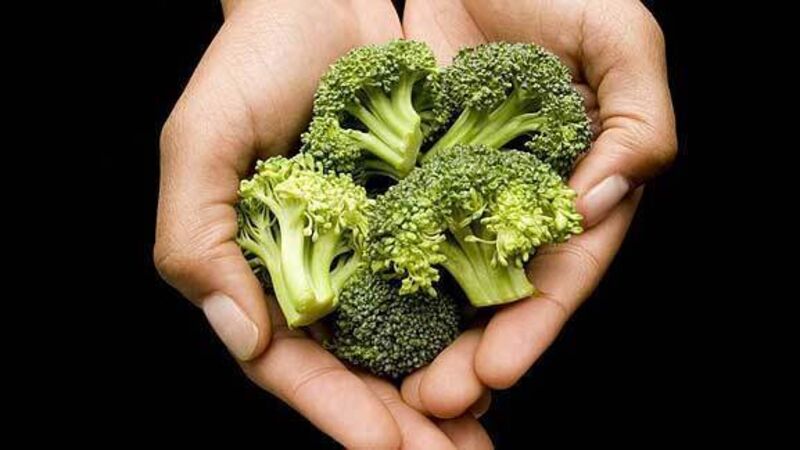Include iron-rich foods in your diet to increase your haemoglobin level

When I went last week they told me my haemoglobin was below the minimum level. They suggested I see my GP. I have been feeling tired recently and wonder if I might have an iron deficiency?
>>There are minimum guidelines for haemoglobin levels for blood donors and the Irish Blood Transfusion Services implemented the EU regulation at the end of September 2013. For women the haemoglobin level must be greater than or equal to 12.5g/dl.











